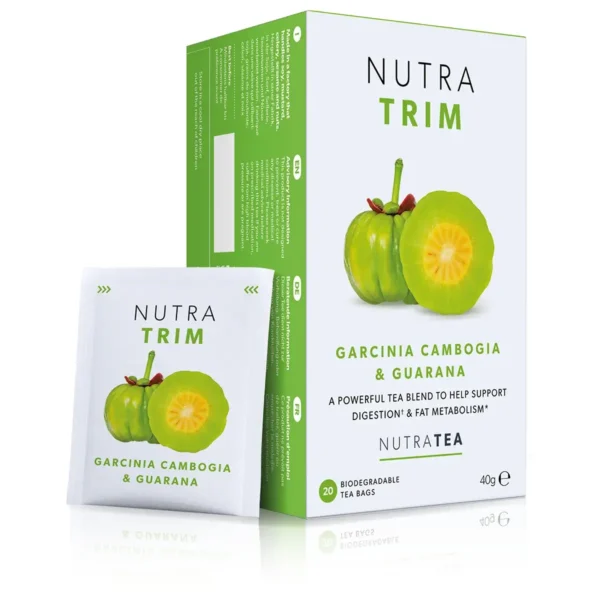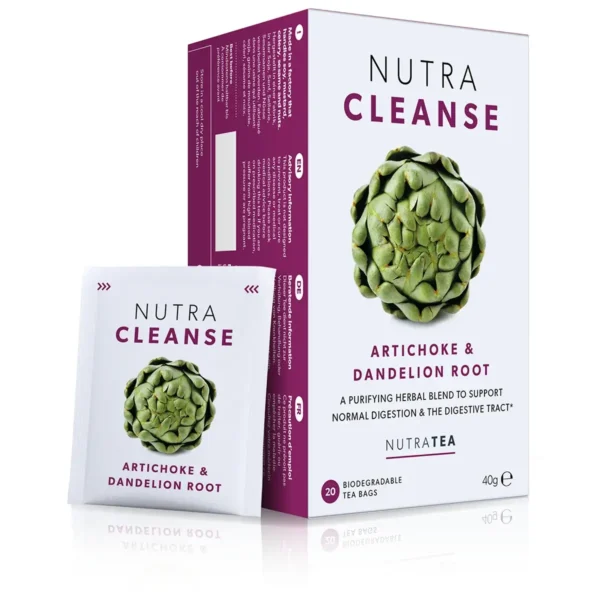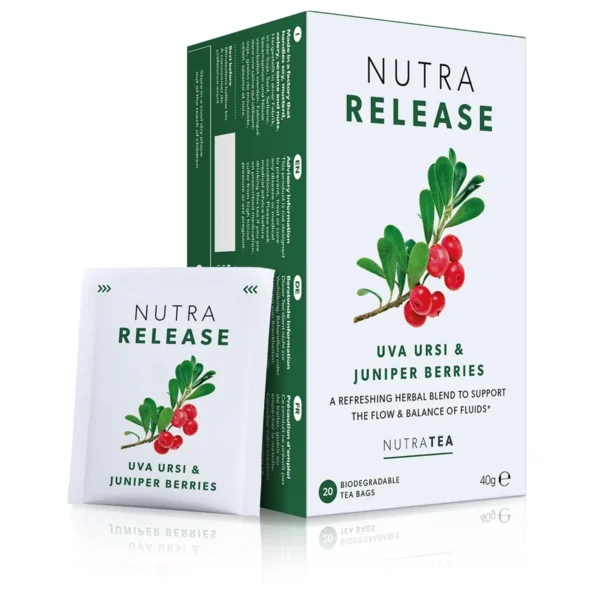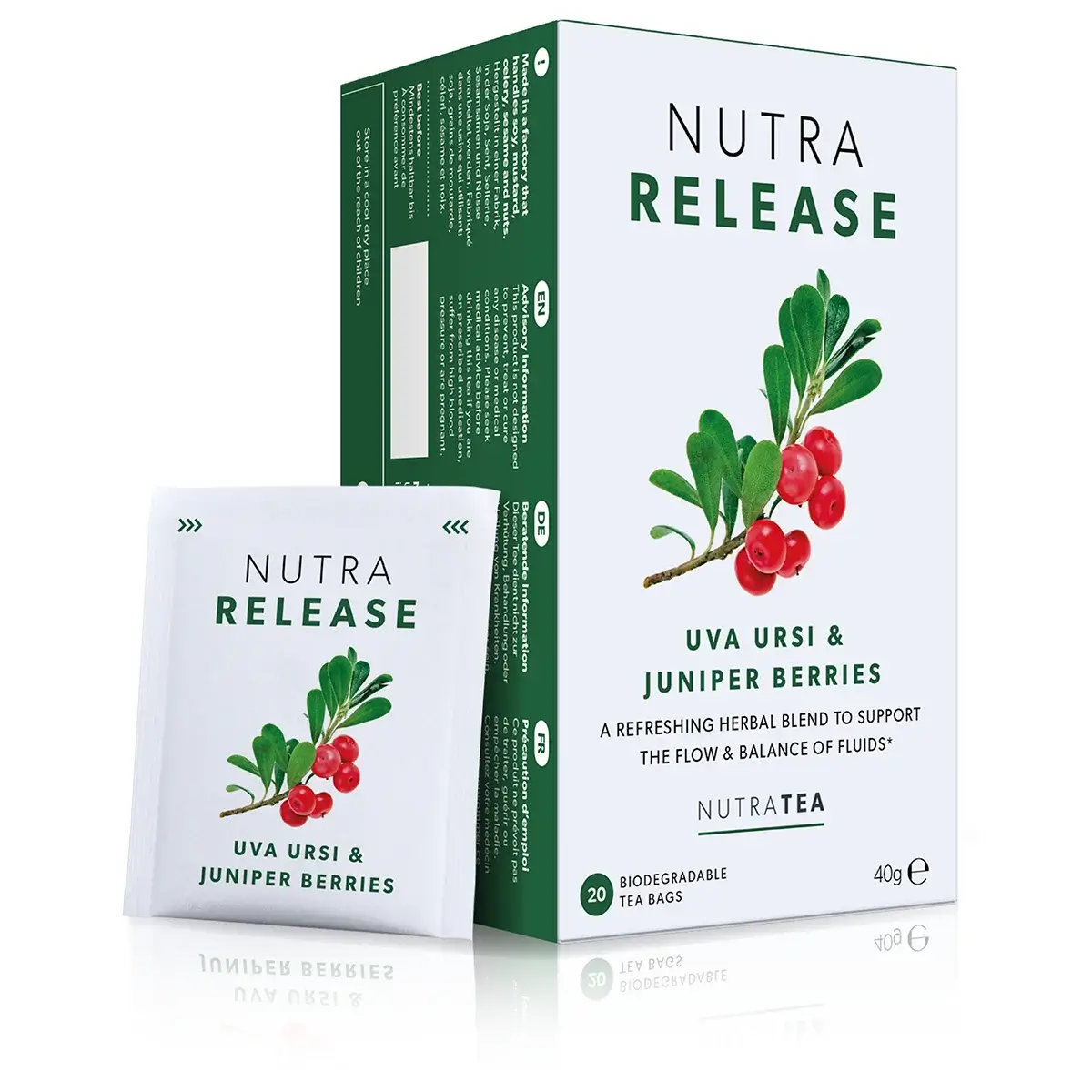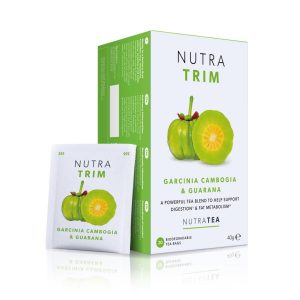NutraBlog
The Surprising Benefits of Dandelion Tea
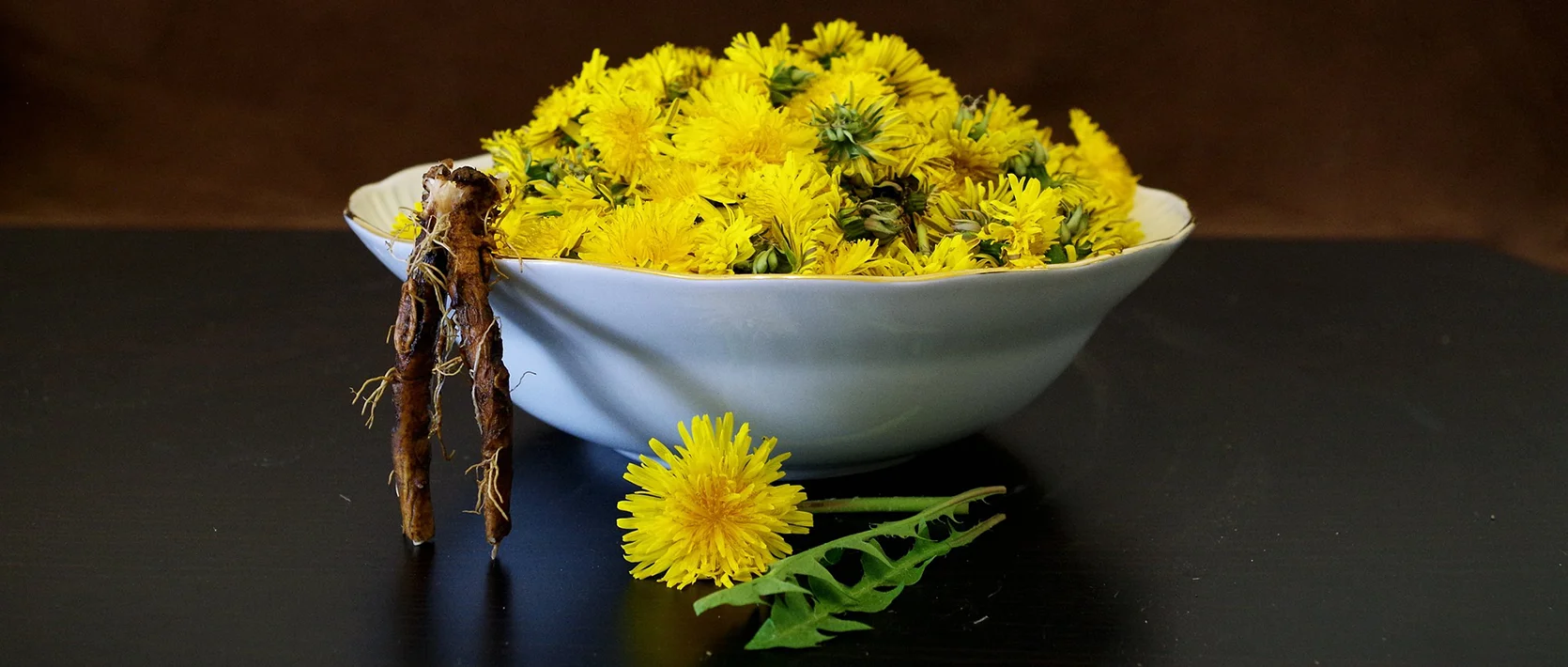
There are plenty of health benefits of dandelion tea for our health and wellness. What are the top 6 surprising benefits of dandelion root tea? This natural herbal tea supports liver health, improves digestion, reduces bloating, and helps detox your body. It’s rich in antioxidants, boosts immunity, and promotes clearer skin. Looking for a simple wellness boost? Try drinking dandelion tea in your daily routine today & discover why dandelion root tea deserves a place in your tea cupboard.
—
Their cheerful yellow flowers may not be desirable if you like a pristine lawn, but there are plenty of reasons to celebrate the humble dandelion. Dandelion is a tenacious little weed, that has been used by herbalists for thousands of years to support the liver, relieve water retention, and prevent UTIs.
In Traditional Chinese Medicine, dandelion has a reputation for cooling heat (inflammation) and assisting the body in removing toxins.
Meanwhile, the British old wives’ tale that drinking dandelion tea makes you wet the bed may not be too far from the truth – dandelion is a natural diuretic that helps get rid of water retention and supports good kidney function. Drinking a cup of dandelion tea in the afternoon can provide gentle digestive support, fostering comfort and balance.
We love dandelion tea for the many benefits it brings to our health. Let’s look at this surprising herb in more detail.
The History of Dandelion Tea
Dandelions are widespread and determined growers, so it is no surprise that their health benefits were discovered early on in human history.
Although we don’t know exactly when people began using dandelions as medicine, there’s evidence for their use as early as the ancient Romans. They’ve also been a prized herb in Traditional Chinese Medicine for thousands of years.
Traditionally, dandelions were used to make a spring tonic, which makes sense when you consider when they come into flower. It isn’t just the flowers that are used, however. The whole plant is edible, and the root, leaves, and flowers all find their way into traditional herbal remedies.
William Cole, the renowned 17th-century herbalist, lists several benefits of dandelions, including support for the liver, gall, and spleen, as well as a treatment for jaundice. He notes too that ‘it wonderfully opens the urinary tract’. Clearly, dandelion’s diuretic properties were already well-known.
Dandelions have also accumulated plenty of different names over their long history of use. Their Latin name is Taraxacum officinale. But they are more colloquially known as lion’s teeth, blow-ball, clock flower, or (colourfully) piss-in-bed – another indicator of its long use as a diuretic.
Dandelion Tea Benefits
So, we know that dandelions have been used as a herbal remedy throughout human history. What about now? Well, dandelions remain a popular herb with all sorts of everyday health benefits. Some of these include:
1. Liver & Digestive Support
Dandelions are a traditional cure for liver issues. We now know that they stimulate the production of bile, which has a vital role to play in digestion. Dandelions also contain polysaccharides that protect the liver from harm.
Dandelion root is one of the ingredients in our NutraCleanse blend because of its benefits for the liver and digestive system.
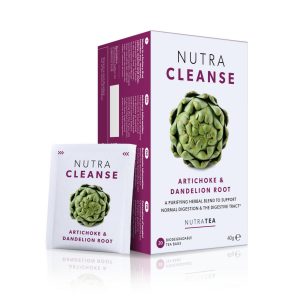
2. Lowering Blood Pressure
Dandelions are rich in potassium, which is associated with lower blood pressure levels. Combine this with their diuretic properties, which help to lower blood pressure by getting rid of excess fluid, and it is no surprise that dandelions are a popular herbal treatment for high blood pressure.
3. Preventing Urinary Tract Infections
As a natural diuretic, one of the benefits of dandelion tea is that it keeps your urinary tract clean by making sure you are peeing regularly. This helps to prevent urinary tract infections and keeps your body clear of toxins, especially when combined with another herb, uva ursi.
Find them together in our NutraRelease tea.
4. Combatting Inflammation
Like many plants, dandelions are packed with polyphenols – a group of micronutrients that act as antioxidants, combatting damage from free radicals and helping to reduce inflammation.
Inflammation is associated with many chronic diseases, including heart issues, rheumatoid arthritis, diabetes, and Alzheimer’s. But extracts from dandelion have been found to significantly reduce inflammation and protect against cell damage.
5. Boosting Your Immune System
A strong immune system is crucial to our ability to combat infectious diseases – and we’ve all become more than aware of the importance of keeping it working well in the last couple of years.
Fortunately, dandelions have both antibacterial and antiviral properties, helping your body fight off disease-causing organisms.
6. Weight Loss and Weight Management
If water retention and bloating is contributing to your weight issues, the diuretic properties of dandelion tea should help. It’s one of the best herbs for water management.
However, there may be other benefits of dandelion tea for anyone looking for help with their weight. Preliminary evidence suggests that compounds found in dandelions might stop your body from absorbing as much fat from your food, which could help with weight loss.
Dandelion is one of several herbs we use in our NutraTrim tea to support weight management.
Is Dandelion Tea Safe?
Dandelion tea is well-tolerated by most people and rarely causes side effects. However, you should check with your doctor first if you are taking any medications – because of its diuretic function, dandelion tea can make some medicines pass through your body more quickly, which means they won’t be as effective.
Don’t drink dandelion tea if you are allergic to dandelion or any plants in the same family, such as daisies, chrysanthemums, or marigolds.
If you are prone to eczema, you might be more likely to have an allergic reaction to dandelions too – check with a doctor and keep an eye out for any reactions.
There hasn’t been much research into drinking dandelion tea during pregnancy or when breastfeeding. You might want to avoid it to be on the safe side.
Dandelion can also slow blood clotting, so don’t drink dandelion tea if you have a clotting disorder or are having surgery in the near future.
Otherwise, you should be fine. As always when introducing a new herb, watch out for any adverse reactions and stop drinking it if it causes you any problems.
Can I Drink Dandelion Tea Every Day?
As long as dandelion tea doesn’t cause you any issues, it is fine to drink it every day. If you are drinking it medicinally, check the correct dosage with your herbalist.
You might want to avoid drinking dandelion tea just before bedtime. It doesn’t contain caffeine, but the diuretic qualities might disrupt your sleep with too many bathroom trips.
It’s probably best not to drink it before a long car journey for the same reason.
How to Make Dandelion Tea
We like to use dandelion in a blend with other herbs to create teas that support your health and wellness.
Choose your preferred blend (we use dandelion root in NutraTrim, NutraRelease, and NutraCleanse) and place the tea bag in your favourite mug. Pour over 200ml of freshly boiled water and leave it to steep for 2-3 minutes.
Sit back, relax, and enjoy!

